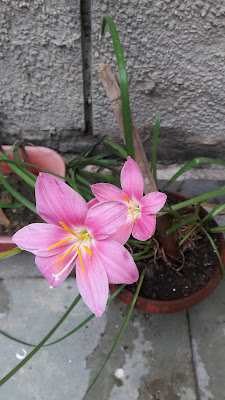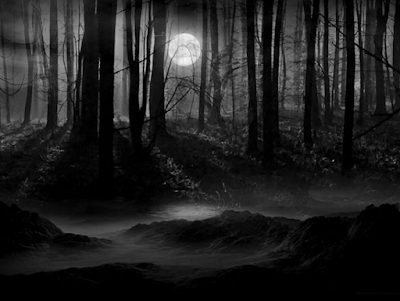The Phoenix
This January when I went for a short trip home conversation automatically flowed to contemporary Bangla literature, as this is a very comfortable place for our family, we are always reading at home and arguing and debating over it. With Mom's recommendation I discovered the latest Ananda puroshkar winner called "Agunpaakhi", written by Hasan Azizul Haque. In recent times only "The Kite Runner" has moved me to such lengths.
It is a tale of girl set in undivided India. It is a touching tale of Bengal society in a pre - partition India and it is completely fascinating. Later on I cam to know the central character is none other than the author's mother and it is her life that the author has been so successful in narrating. The story begins with the protagonist's mother's death and how she becomes the surrogate mother to her brother and weaves through her journey to womanhood, loss of her child and famines, cyclones, partition of the undivided India and finally the her emergence as an individual. Through her entire life she has been a daughter, wife, mother, efficient housekeeper and an extremely sensitive person. The end sees her emerge as an individual who finally holds her own. The author takes you through endless highs and lows of womanhood and rediscover the history of turbulent times through the most significant and insignificant citizen of India during that time, a rural woman living under the shadow of her domineering husband who is not all bad. He encourages her to learn to read and write, to have an opinion yet he cannot understand her point of view if it differs from him. It is a mind blowing saga of women's hope and triumph of human strength.
The language used is 19th century rural Bangla, which makes it even more alive and poignant. There are endless sections, which stuns you, make you read it over and over again but one particular place which is so powerful was when she was narrating the death of a child in the family. It was common to have large size families, so after a point it was very difficult for the primary care giver to provide special care for every child. Under the circumstances when you lost one child to some dying disease or the other one sort of became complacent about the entire episode, so in retrospect you know that some people come and go from this world without being loved as if love was not on the list of things that they were to experience.
Not only the big upheavals in the society and history finds place in the writing but it also lends equal honour to familial break ups and emergence of the nuclear families. For me Agunpaakhi was an equal read as "100 Years of Solitude". I sincerely wish someone could translate it into English so that the entire world could experience the greatness of such literature. In case you can read Bangla I insist you make time to read this book. I promise you won't regret it. Satisfaction guaranteed!
It is a tale of girl set in undivided India. It is a touching tale of Bengal society in a pre - partition India and it is completely fascinating. Later on I cam to know the central character is none other than the author's mother and it is her life that the author has been so successful in narrating. The story begins with the protagonist's mother's death and how she becomes the surrogate mother to her brother and weaves through her journey to womanhood, loss of her child and famines, cyclones, partition of the undivided India and finally the her emergence as an individual. Through her entire life she has been a daughter, wife, mother, efficient housekeeper and an extremely sensitive person. The end sees her emerge as an individual who finally holds her own. The author takes you through endless highs and lows of womanhood and rediscover the history of turbulent times through the most significant and insignificant citizen of India during that time, a rural woman living under the shadow of her domineering husband who is not all bad. He encourages her to learn to read and write, to have an opinion yet he cannot understand her point of view if it differs from him. It is a mind blowing saga of women's hope and triumph of human strength.
The language used is 19th century rural Bangla, which makes it even more alive and poignant. There are endless sections, which stuns you, make you read it over and over again but one particular place which is so powerful was when she was narrating the death of a child in the family. It was common to have large size families, so after a point it was very difficult for the primary care giver to provide special care for every child. Under the circumstances when you lost one child to some dying disease or the other one sort of became complacent about the entire episode, so in retrospect you know that some people come and go from this world without being loved as if love was not on the list of things that they were to experience.
Not only the big upheavals in the society and history finds place in the writing but it also lends equal honour to familial break ups and emergence of the nuclear families. For me Agunpaakhi was an equal read as "100 Years of Solitude". I sincerely wish someone could translate it into English so that the entire world could experience the greatness of such literature. In case you can read Bangla I insist you make time to read this book. I promise you won't regret it. Satisfaction guaranteed!


Comments
I tried reading that book 4 years ago.. Battled on, through thick Brazillian or was it Chilean forests - thick impenetrable - hacking and hewing with my machette.. looking for el dorado.. i didn't know what where I was, nor where I was going.. but I had a vague idea of the approximate chronological and geographical location (space +/- 400 km, time +/- 200 years)... Perhaps a course on South American History before I read that devil of a book would have helped..
After two weeks, I finally gave up when I had only another 20 pages to go. I couldn't bear it any more.